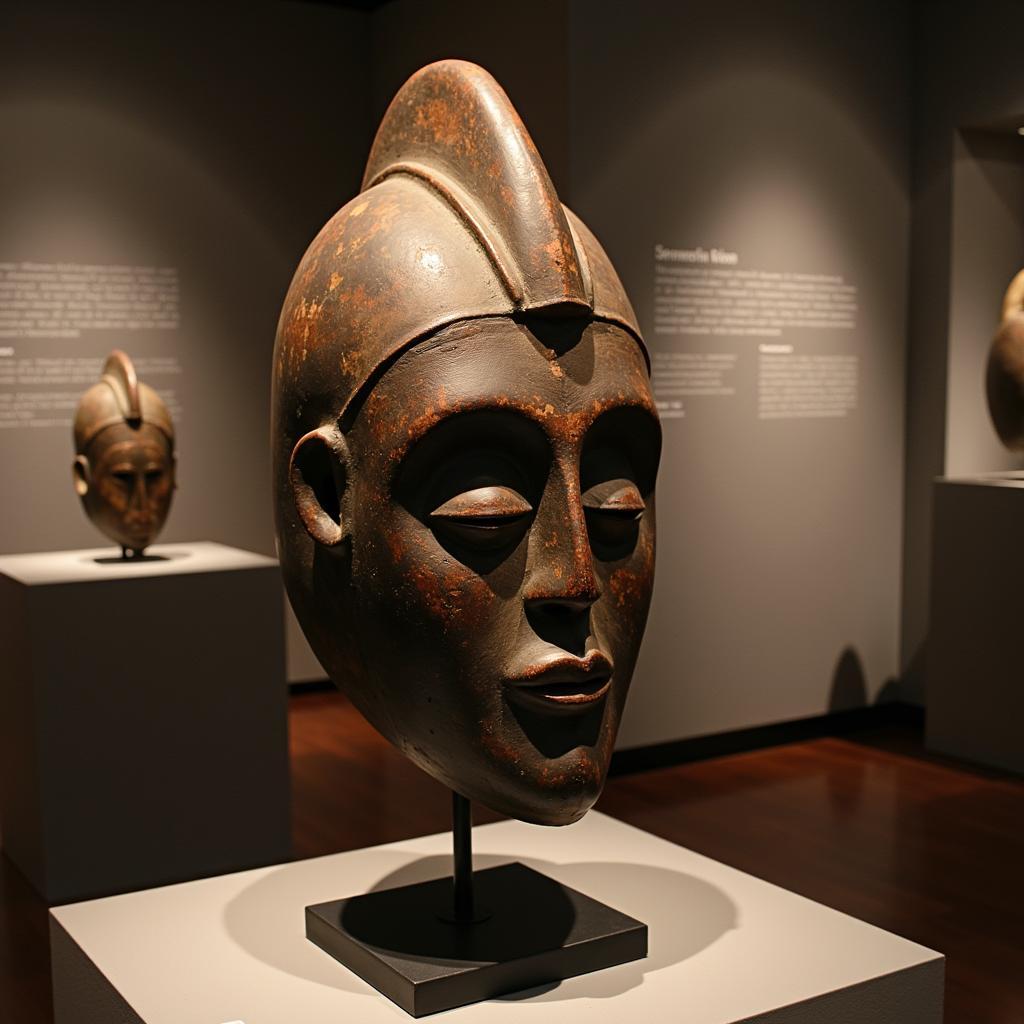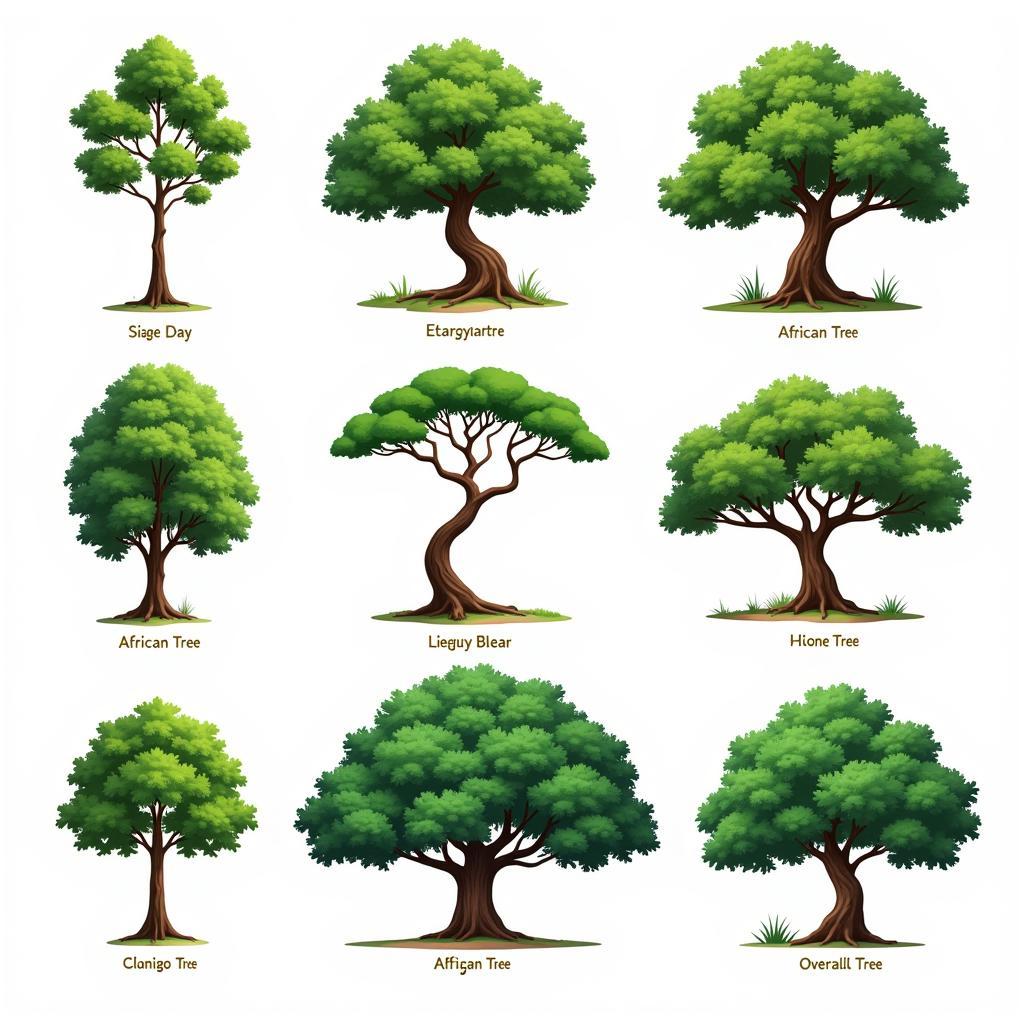African American Nomenclature: A Journey Through Names and History
African American Nomenclature, a captivating blend of cultural heritage, personal identity, and historical context, offers a fascinating window into the rich tapestry of Black American history and tradition. This exploration delves into the evolution of naming practices within the African American community, examining the significance of names and their enduring influence on individual and collective identity.
A Legacy of Resilience: From Enslavement to Emancipation
The naming practices of enslaved Africans in America reflected the brutal realities of their situation. The deprivation of their ancestral names, a cornerstone of their cultural heritage, was a deliberate act of dehumanization aimed at severing their ties to their past and forging a new identity as property. Enslavers often assigned arbitrary names, often derived from biblical figures, animals, or their own whims, stripping individuals of their individuality and reducing them to mere commodities.
The following quote from a historian, Dr. Ella Johnson, sheds light on the impact of forced name changes:
“The forced renaming of enslaved Africans stripped them of their ancestral identities, stripping them of their dignity and sense of self. The names they were given, often arbitrary and meaningless, served as a constant reminder of their subjugation.”
Reclaiming Identity: The Rise of Naming Practices
The period following emancipation witnessed a renaissance in naming practices within the African American community. Freed individuals actively embraced the opportunity to reclaim their identities and assert their cultural heritage. Many chose to adopt names that reflected their African roots, drawing inspiration from family traditions, historical figures, or cultural motifs. This naming process became a symbol of liberation, a means of preserving their heritage and forging a new path forward.
The Power of Naming: Identity, Community, and Resistance
Beyond mere identification, African American names hold a profound cultural significance, serving as a testament to resilience, resistance, and community. Names often carry deep historical and familial meanings, representing an enduring connection to generations past. They can serve as a tribute to ancestors, a symbol of pride, or a statement of personal identity.
The African Diaspora: An Intertwined Legacy
The naming practices within the African American community reflect the broader African diaspora, an intricate tapestry woven from diverse cultures, languages, and traditions. African names, often infused with deep spiritual and cultural meaning, have been embraced by individuals across the diaspora, connecting them to their ancestral roots and preserving the vibrant heritage of their ancestors.
The Evolution of African American Names: A Continuously Evolving Landscape
Over time, African American names have evolved, reflecting the changing social landscape and the evolving cultural identity of the community. The use of traditional African names, the emergence of unique blends of African and Western names, and the adoption of culturally significant monikers demonstrate the dynamic and evolving nature of naming practices.
Beyond the Individual: The Collective Impact of African American Names
The names chosen by individuals within the African American community reflect the shared history, experiences, and aspirations of the collective. The power of these names lies not only in their individual significance but also in their ability to bridge generations, foster a sense of community, and serve as a reminder of the resilience and enduring spirit of the Black American experience.
FAQ
- What is the significance of African American names? African American names carry deep historical and cultural significance, representing an enduring connection to generations past, serving as a tribute to ancestors, a symbol of pride, or a statement of personal identity.
- How have African American naming practices evolved? African American names have evolved reflecting the changing social landscape and the evolving cultural identity of the community. The use of traditional African names, the emergence of unique blends of African and Western names, and the adoption of culturally significant monikers demonstrate the dynamic and evolving nature of naming practices.
- What is the impact of African American names on the community? The names chosen by individuals within the African American community reflect the shared history, experiences, and aspirations of the collective. The power of these names lies not only in their individual significance but also in their ability to bridge generations, foster a sense of community, and serve as a reminder of the resilience and enduring spirit of the Black American experience.
Exploring Further
For a deeper dive into the fascinating world of African American names, consider exploring resources like:
To delve deeper into the cultural tapestry of the African diaspora and its impact on naming practices, consider seeking out more information online or exploring various academic journals and publications.


